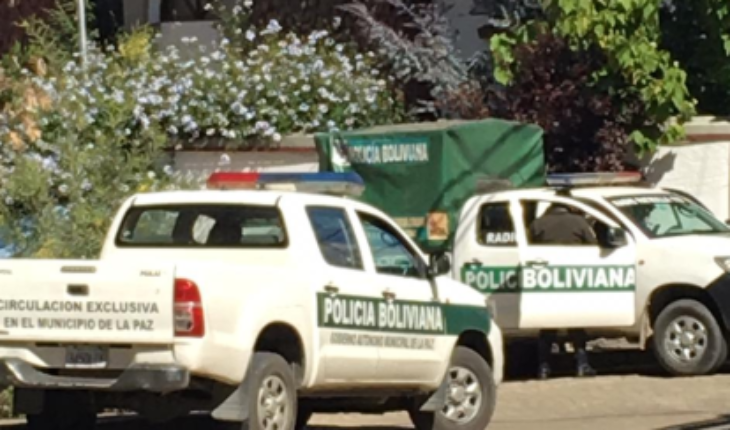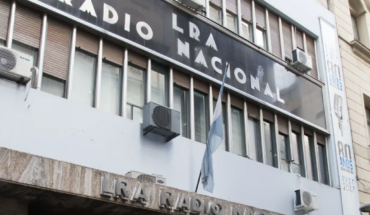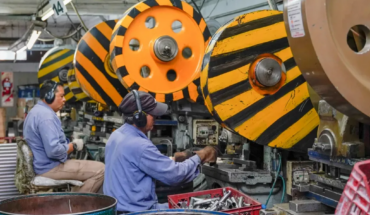Mexican Vice-Chancellor for Latin America and the Caribbean, Maximiliano Reyes Zúñiga, reported that the government is “on permanent alert to the risk of an armed incursion” at the Mexican embassy in Bolivia.
On his Twitter account he reported that the police and military abduction is being maintained against diplomatic installations.
He also reported that Bolivian police take photographs of diplomats at the Mexican embassy there. This is how the Bolivian police take care of Mexico’s diplomatic staff, taking photographs,” when they are even inside the Official Residence.”
We report that police and military abduction is being maintained against ??’s diplomatic facilities in ??. We are on permanent alert to the risk of an armed raid on our real estate in La Paz. pic.twitter.com/4rwewRAzgL
— Maximiliano Reyes Zúñiga (@maximilianoreyz) December 24, 2019
This “takes care” of ??’s diplomatic personnel from ??, taking photographs of them, when they are even inside the Official Residence. pic.twitter.com/yG2CFODcAS
— Maximiliano Reyes Zúñiga (@maximilianoreyz) December 25, 2019
After Bolivian authorities asked Mexico to surrender former officials sheltered at diplomatic headquarters in La Paz, the Mexican government defended their asylum.
The Director General of American Regional Agencies and Mechanisms of the SRE, Efraín Guadarrama, indicated that in accordance with the Havana Conventions, Montevideo and the two of Caracas, the assimilating State is responsible for the classification of the nature of the crime or the reasons for the persecution.
“In any case, the determination of the assimilating State to continue with asylum and demand safe conduct for the persecuted will be respected,” he said.
“The Ministry of Foreign Affairs notified our Embassy of the arrest warrants after the Mexican state granted them asylum”
What does Bolivia say?
Bolivia on Wednesday justified police surveillance at the Mexican embassy in La Paz because there are “credible” threats of attacks on the diplomatic headquarters.
“The government of Bolivia reports that it has received credible information of threats of violence from social movements (…) and Indians,” says a statement read by presidential private secretary Erick Foronda.
To “precaution the tranquillity of the mission” and “the security” of diplomatic officials, the government of the interim representative Jeanine Añez “increased the presence of police forces” on the outskirts of the embassy.
According to the Bolivian statement, social movements in the city of El Alto and Aymara peasants of the Andes intend to march towards the diplomatic legation, located in an exclusive neighborhood of La Paz, “to demand the expulsion” of the former minister of the Presidency, Juan Ramón Quintana, who was the right arm of the former President Morales.
Quintana and her culture colleague, Wilma Alanoca, are at the Mexican embassy, where they applied for asylum, following Morales’ resignation on November 10. The ruler resigned after a severe social upheaon in rejection of the October election, denounced by opponents as fraudulent.
La Paz has denied safe passages to the asylees to leave the country, because it argues that both have been denounced by the government to the Prosecutor’s Office for the crimes of “sedition, terrorism and financing of terrorism” that were causing, he says, the clashes that left 36 dead.
The same investigation is conducted on former President Morales, assilated first in Mexico and then Argentina, by a video released by the Executive branch that claims that he, from abroad, gave phone orders to his militants to fence the cities and prevent food from entering, after resigning to power.
In addition to Quintana and Alanoca, there are twenty people in the offices of the diplomatic legation in La Paz.
Police fence
The mexican chancellery denounced on Tuesday “the harassment of both its embassy and its official residence (…). There is currently a police fence that records the movement of people entering and leaving Mexican diplomatic compounds.”
The incident surrounding the diplomatic residence occurs amid bilateral tensions.
Bolivia first complained about Morales’ public activities in Mexico, where he took refuge after resigning after nearly 14 years in power when accused of manipulating the last presidential election
According to the Government of Añez, these demonstrations violate the rules that govern asylates or political refugees.
La Paz also expressed its unease at the decision of the government of Andrés Manuel López Obrador to convene preparatory meetings in his country to assume the “pro tempore” presidency of the Community of Latin American and Caribbean States (Celac).
Bolivia asserts that it is its competence to convene the Celac meeting since in 2019 it exercises the leadership of the bloc and that, therefore, Mexico violates its internal regulations.
With information from AFP
What we do in Animal Político requires professional journalists, teamwork, dialogue with readers and something very important: independence. You can help us keep going. Be part of the team.
Subscribe to Animal Politician, receive benefits and support free journalism.#YoSoyAnimal


![translated from Spanish: [VIDEO] College of Teachers challenges the Government: “There are no conditions to continue with face-to-face classes” translated from Spanish: [VIDEO] College of Teachers challenges the Government: “There are no conditions to continue with face-to-face classes”](https://ananoticias.com/wp-content/uploads/2021/03/translated-from-Spanish-VIDEO-College-of-Teachers-challenges-the-Government-370x215.jpg)


